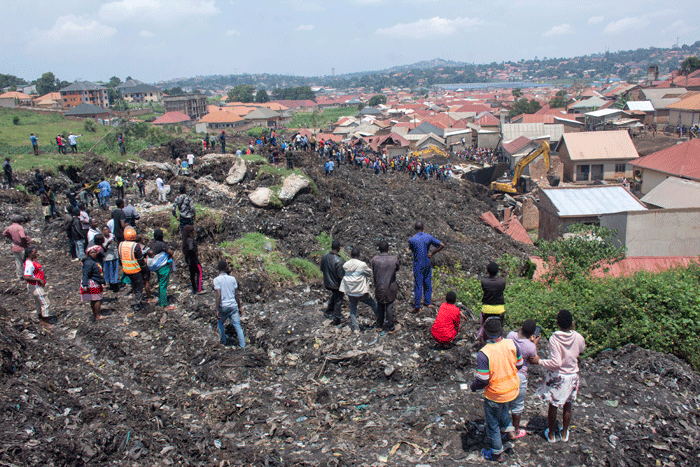Deliver electoral reforms urgently

A man votes in Uganda. PHOTO/FILE/COURTESY
What you need to know:
- The issue: Electoral reforms
- Our view: By implementing these reforms, we shall be taking a step towards a more democratic Uganda, where every vote counts.
The Electoral Commission (EC) has said it will not be able to implement electoral reforms because they are behind schedule. This call by the EC chairperson, Justice Simon Byabakama, for timely electoral reforms underscores a critical need for Uganda’s democracy. The EC has highlighted that reforms must be enacted well ahead of elections to be effectively implemented. However, the continuous delay in tabling these reforms jeopardises the integrity of the electoral process.
Justice Byabakama’s statement last week that the Commission requires at least two years to integrate new reforms is a clarion call to the government. The Supreme Court’s 2016 recommendations remain unfulfilled, leaving the electoral landscape vulnerable to the same pitfalls observed in past elections. These recommendations, which include extending the time for election petitions and incorporating technology, are crucial for ensuring transparent and credible elections.
Despite Minister of Justice and Constitutional Affairs Norbert Mao’s ongoing efforts to gather views and examine existing laws, the slow pace of reform raises concerns. Political actors argue that this delay benefits the ruling National Resistance Movement party, perpetuating an uneven electoral playing field. As Nyendo-Mukungwe MP Mathias Mpuuga and others are constantly emphasising, without prompt and comprehensive reforms, the promise of free and fair elections in Uganda remains elusive.
Moreover, the sentiment expressed by various stakeholders such as the Centre for Constitutional Governance and the Forum for Democratic Change party, reflects a widespread frustration with the status quo. Their calls for practical changes, including measures to curb electoral violence and ensure impartiality in the use of State resources, highlight the broader need for systemic change.
In light of these challenges, the government must prioritise electoral reforms. This commitment is not just about meeting legal requirements, but it is about restoring public confidence in the electoral process. As the 2026 General Election approaches, there is no room for complacency. Ugandans want different and better elections from what they are used to. By implementing these reforms, we shall be taking a step towards a more democratic Uganda, where every vote counts, and the electoral process is beyond reproach.
The urgency of electoral reforms cannot be overstated. It is a matter of upholding democratic principles and ensuring future elections reflect the true will of the people. The government must act swiftly to address these very important issues, laying the groundwork for a more equitable and transparent electoral system.




